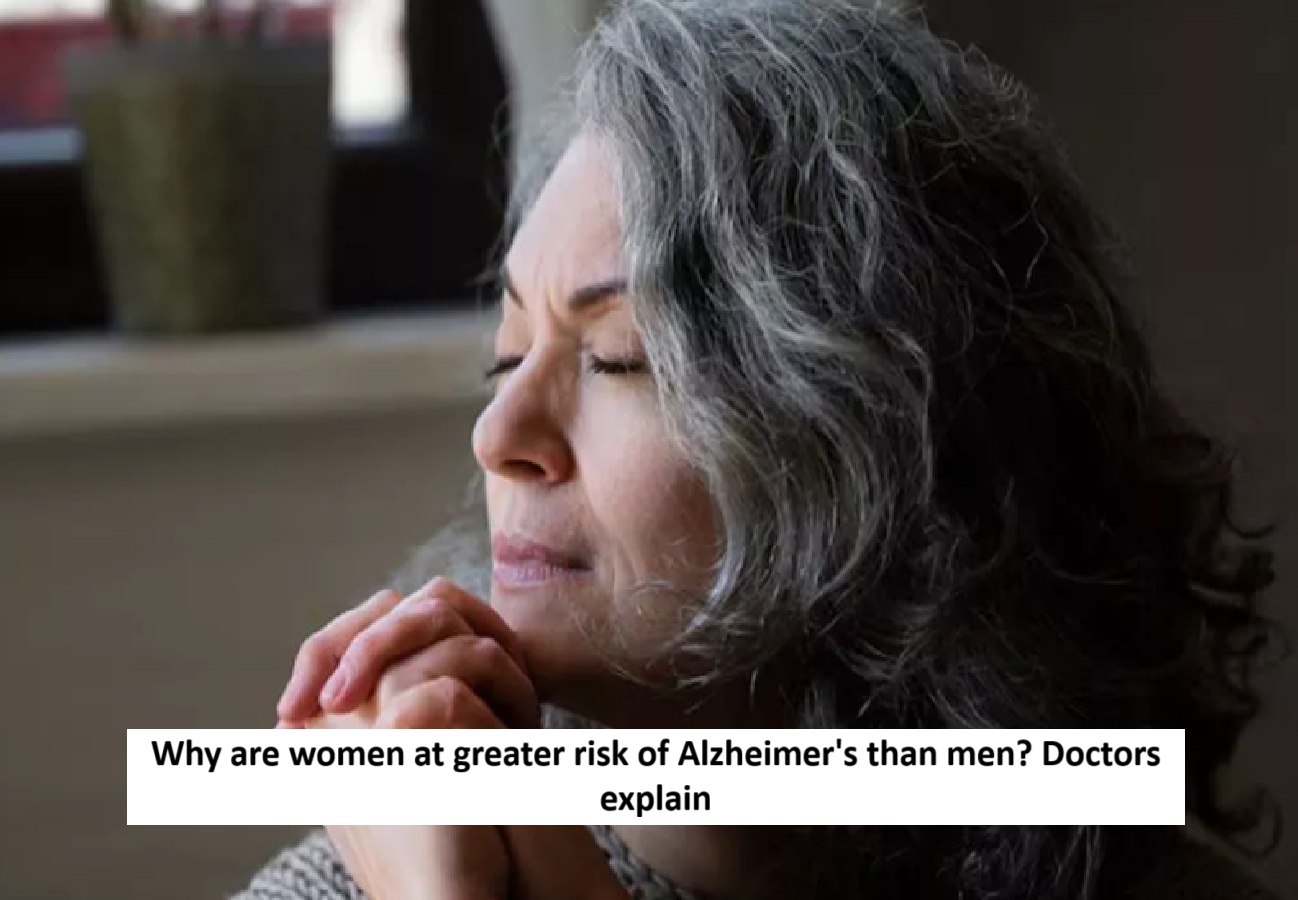
News Topical, Digital Desk : World Alzheimer's Day is being celebrated today, September 21st. Alzheimer's disease is a serious brain condition that gradually affects memory, thinking ability, and the ability to perform daily tasks. This disease can affect both men and women, but research suggests that women are at a higher risk.
There are other reasons too, not just age.
Aging is considered the most common cause of Alzheimer's. Women generally live longer than men, and the risk of developing the disease increases with longevity, but it's not the only factor.
Research has shown that hormonal changes in women also play a major role. After menopause, estrogen levels suddenly drop. Estrogen has a positive effect on brain health, and when it decreases, brain cells can become more sensitive and vulnerable to memory loss.
The impact of mental health and lifestyle
Women are more likely than men to suffer from depression and anxiety . Both of these conditions negatively impact the brain and can lead to decreased cognitive ability over time.
Additionally, social and cultural factors are also important. In earlier times, many women had less opportunity for higher education or mentally stimulating jobs. Consequently, their brains' cognitive reserve, or the brain's ability to repair itself and learn new things, was weaker, which may further increase the risk of Alzheimer's.
Research also suggests that the effect of a gene called APOE ε4 may be stronger in women than in men, making them more likely to develop the disease.
Treatment and new hopes
There's no permanent cure for Alzheimer's, but medications and therapies can help manage symptoms. Many medications help manage memory and thinking, as well as reduce behavioral and psychological symptoms.
Recently, research is underway on new therapies (disease-modifying therapies). These include drugs such as monoclonal antibodies, which can block the production of abnormal proteins in the brain. These offer hope for slowing the progression of the disease at an early stage.
Necessary steps for protection
The risk of Alzheimer's cannot be completely avoided, but awareness and lifestyle changes can reduce the risk to a great extent.
- Women should consult a doctor about hormonal changes and mental health during menopause.
- Regular exercise, nutritious diet and adequate sleep keep the brain strong.
- Learning new things, reading and staying mentally active increases 'cognitive reserve'.
- It is equally important to avoid stress and depression.
--Advertisement--

 Share
Share



